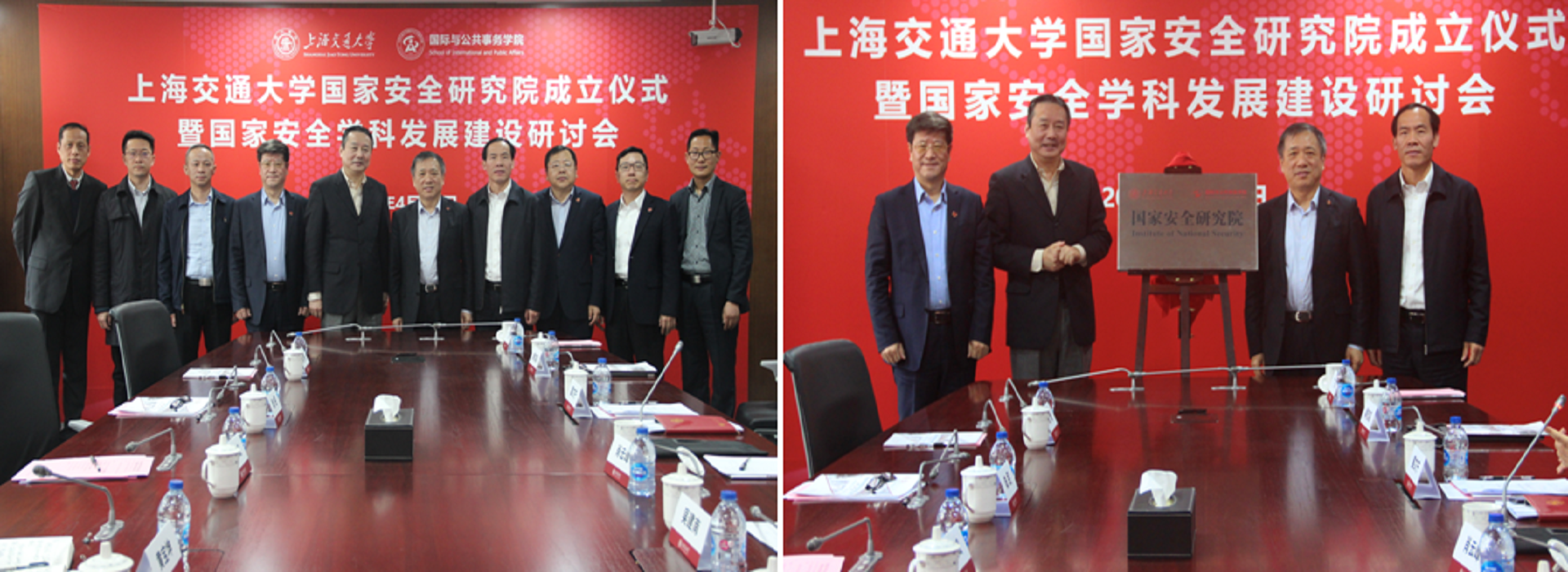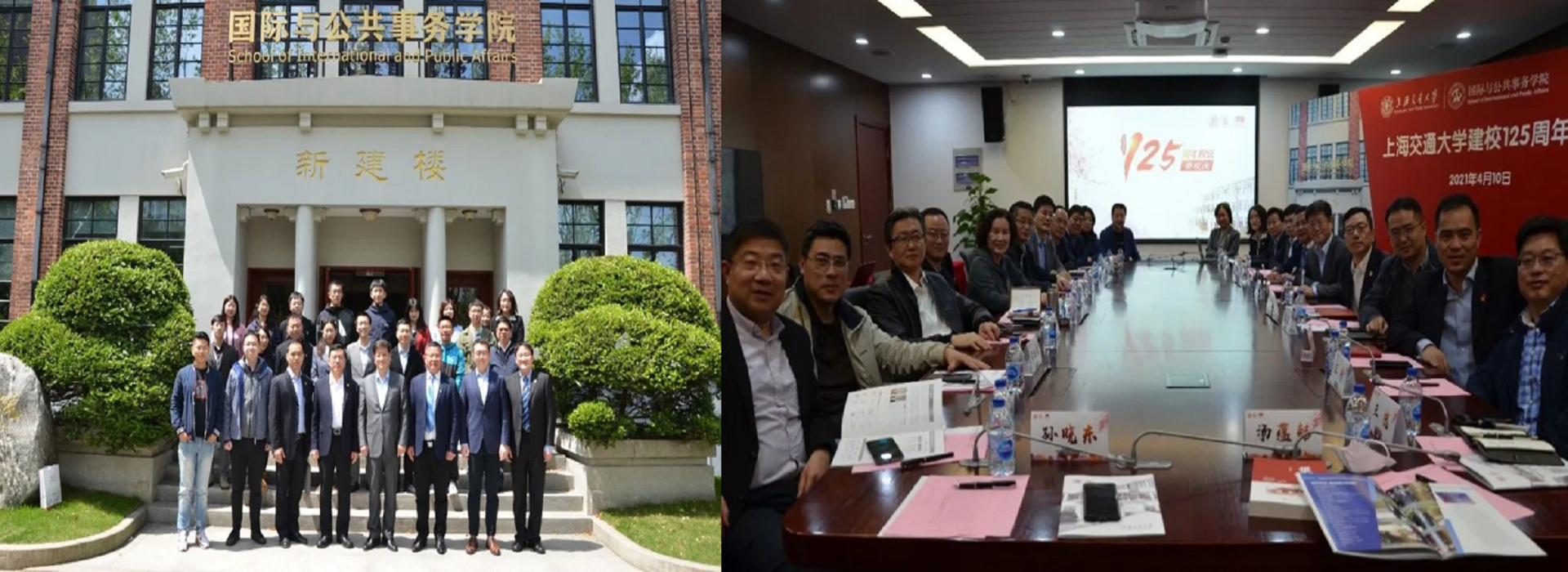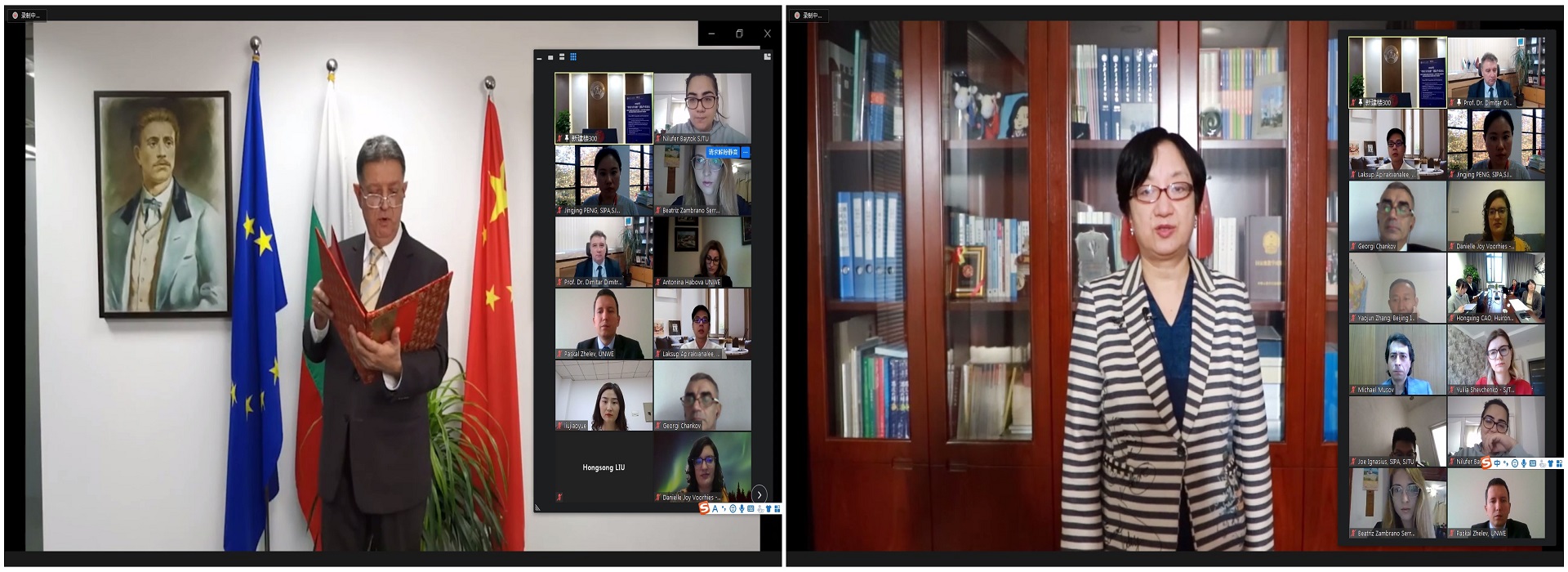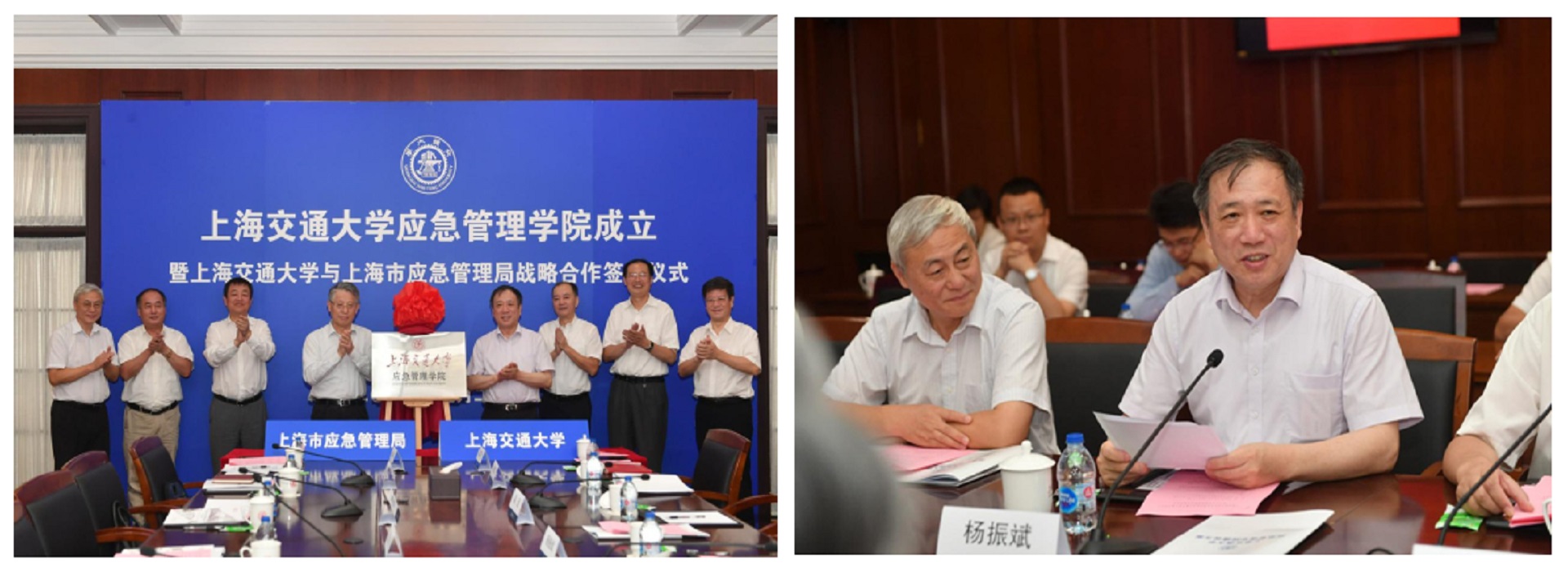Shanghai Xintu Center for Community HealthPromotion
2017/4/25 9:37:49
Who we are?
Established in 2006, Xintu has been developed in Shanghai, Beijing, Qingdao and Chengdu, to carry out a large number of community-based capacity building, healthcareeducation and training of about 60 communities at grassroots with healthcareservice team, for over 100,000 families.With a total number of 30 employees and 600 volunteers currently working for this social organization.
What are we doing?
Community-based healthcare promotion; family-centered community service; community development in the form of living societies; and membership to promote self-health management.
Our Mission
Promote the healthcare and development of community members, especially vulnerable groups, through capacity building for community service agencies. To provide a community-based integrated solution for population healthcare problems.
Our Team
- Guo Xiao Mu (Director General)
Shanghai Municipal Social Workers Association Secretary-General, Shanghai CPPCC members. Graduated from East China Normal University Department of Psychology, has long been engaged in social services and public welfare undertakings. Worked in Shanghai blind school, after joining Orbis-International China Representative Office as a project manager. In 2006, she foundedShanghai Xintu Center for Community Health PromotionOrganization and serving currently as a Director General.
- Long Fly (Executive Director)
- Tao Ren (Project Director)
- Li Yi (Chief Financial Officer)
- Tian Yu (Deputy Director General)
Our Projects
October 2009 – Present, Ivy Health Plan: Elderly Health and Lifestyle Method Intervention
People health is being threatened by a variety of factors. Deteriorating environmental pollution and food safety issues, high-speed operation of the community to bring people's physical and mental stress, is not conducive to healthy behavior habits, are caused by high incidence of chronic diseases, sub-health prevailing factors. Health services are being transformed from treatment to prevention to manage with the urgent health needs of the population.
New approach is dedicated to the development of community-based, family-oriented integrated solutions for chronic disease prevention. The core of this program is the establishment of preventive service facilities in the community, as a base to start a healthy lifestyle advocacy, patient peer education, early detection and referral of the disease. "Ivy Plan" is synonymous with this solution. Since 2009, the establishment of the first ivy living institution, have been recognized by the community residents and the government in Shanghai has a certain size and influence.
In 2014, they have worked in 11 communities in two cities, managed and participated in nine venues, nurtured 55 clubs and interest groups, and developed 300 health ambassadors to support 10,000 families. At present, the brand is focused on the development of new communities and the development of new partners in the promotion process has always adhere to the brand of operation, around the health of the four cornerstones (reasonable diet, moderate exercise, smoking cessation, psychological balance) to guide the residents Self-help mutual behavior, so that the brand image of the residents and families.
October 2010 – Present, Yongnianlou Health Plan: Elderly Care Intervention
Population aging has become a common challenge in the world, in China, the family miniaturization and rapid population flow, resulting in weakened family support function, the impact of aging is particularly far-reaching, the challenge is particularly severe. The lack of institutional pension services, a huge gap; home pension and community services will inevitably become the basis of China's pension service. In response to family needs, new ways to explore the establishment of long-term care systems with disability prevention as the core through collaboration with community health care and care institutions.
In 2010, the first Wing House Building was completed in the Shanghai Bund Street, providing a service to manage the needs of 600 disabled elderly families by establishing a peer support network covering the 100,000 community.
In 2014, the brand worked in 14 communities in three cities, managed and participated in operations in 12 venues, fostered 75 clubs and interest groups, and developed 160 health ambassadors to support 13,000 families.
At present, the Wing House continued to "develop" concept for the brand development of the core, based on the community to the family as the center to carry out the disabled elderly health intervention projects and activities, the formation of a complete set of sustainable brand development strategy.
December 2008 – Present, New City Residents, Health Plan: Migrant Families’ Healthcare
China's rapid economic development, the accelerated transfer of rural labor force, resulting in a large number of migrating population in the city. National Population and Family Planning Commission issued the "China Mobile Population Development Report 2012" pointed out that the current total population of China is close to 230 million, accounting for 17% of the total population. The scale of the migrating population reached a record high.
The new city residents program aims to promote the health of the migrant population by establishing a community-based social support system with the core concept of community development as the core idea to improve the health literacy and reduce the vulnerability of the new citizens to develop the community service as the core intervention strategy.
In 2009, the first new Citizen Living Hall was completed in Sanlin Town, Shanghai to provide a new public with a "full development" of public service space and formed by the community to own and manage the beneficiaries of self-help, quickly respond to new public demand, Provide family health services, enhance urban adaptability, multi-form participation in community public affairs public service entities.
In 2014, they worked in five communities in two cities, managed and participated in four venues, nurtured 24 clubs and interest groups, and developed 200 health ambassadors to support 6,500 families. Existing venues continue to provide services for the needs of new citizens and focus on maternal and child health and child nutrition intervention projects, the brand in the process of continuous adjustment of the development strategy, and actively looking for more social resources to explore sustainable service model.
December 2008 – Present, Sunshine Care, Health Plan: Community Integration of the Intellectually Disabled and Community-Based Rehabilitation for the Mentally Ill
The degree of acceptance and care for people with disabilities is a sign of the degree of social civilization. Disability groups need not only the appropriate level of welfare protection, but also the need for a tolerant social environment, accessible social services and equal opportunities for development. The long-term work of the disabled is centered on "lack" rather than "capacity", emphasizing barriers to disability, and lacking attention to the potential of persons with disabilities. Improving the concept and method of service for persons with disabilities is as important and urgent as raising the level of protection.
The Sunshine care program is committed to finding a comprehensive solution for community rehabilitation for people with disabilities through the "prevention-rehabilitation-support-advocacy" brand strategy. Work with the government to develop a community-based, family-centered approach to self-help and mutual assistance for people with disabilities, mobilize and integrate diversified social resources, conduct community-based disability prevention, rehabilitation and support services, help people with disabilities to rebuild their lives, relationship, development potential, recovery function.
Since the start of the brand in 2008, after six years of continuous exploration, business scope has been expanding, serving the community and the people are increasing in number.
In 2014, this program helped Shanghai's 11 communities to work, fully operating and gave three demonstration of Shanghai people living institution, these services cover limb, vision, hearing, intelligence, spiritual five categories of people with disabilities, the service content is ironic for community mobilization, different theme clubs, diverse community rehabilitation activities, community volunteer team building and community self-organization nurturing, has fostered 100 clubs and interest groups, developed 100 health ambassadors, supported 8,000 households family.
In the second half of 2014, the program will be further developing Shanghai's work model and service strategy to promote to Chongqing, on this basis, to explore the local community for the rehabilitation of disabled people solutions.
What have welearned from Xintu as a Social Welfare Foundation?
- How participants can share their own experiences of dementia and family stories in a community based trusted environment for healthcare promotion.
- To introduce an open conversationto discuss the prevention of dementiain older age groups.
- To let professional physicians participate directly as a healthcare consultant, for a one-on-one consultation and interaction for better awareness of social welfare programs at grassroots level.
- The need for more care of old age people, which is often neglected by society, required to unite and help in promoting population healthcare, in creating mutual aid community.
- Devoted to the adoption of a new way to enhance the capacity of partners to promote individual, family and community-based healthcare and development.
- To discover the new way of partnerships with the community, refer to all types of health-related community service agencies, including healthcare, rehabilitation, education, and other service agencies, as well as associations, community groups, volunteer groups and community development organizations.
- How to improve co-operation partner’s ability to involvegovernment instructions and their leadership, services development, resource management agencies, community participation in developing network capacity.
- To learn social welfare foundation for further enhancement of project management, community mobilization, and community organization building on highly professional manners.
-
To have a deep knowledge of healthcare field and community health promotion, and must be committed in promoting reforms and innovation
 through social welfare organization.
through social welfare organization.





